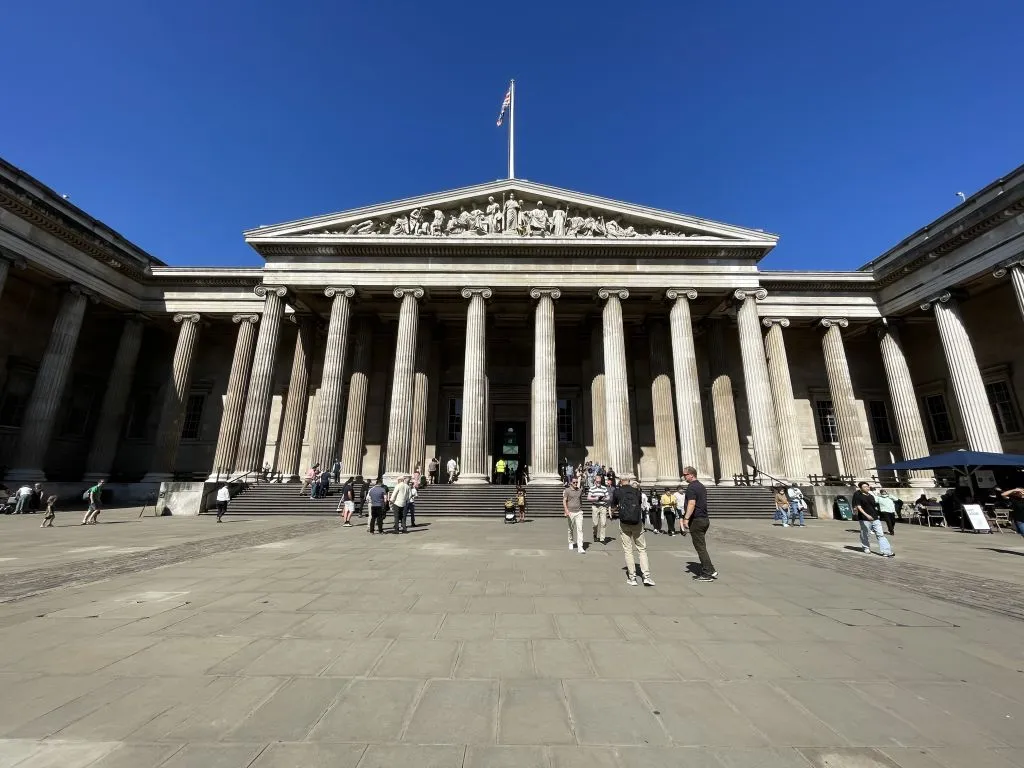
A recent poll found the majority of Britons, 53 percent, support a permanent exhibit at the British Museum about the transatlantic slave trade.
New polling data by British research and data analytics firm YouGov found that 53 percent of respondents thought a permanent display about Great Britain’s role in the trade of slaves from Africa would be appropriate at the British Museum. Two-thirds of respondents said they believe the institution should educate the public about the country’s history with the slave trade.
The data also showed 72 percent of respondents said they agreed with the statement, “As a society, public education about the reality of the British empire is important in order for us to understand Britain’s multicultural society today”.
The online polling was co-commissioned by the Good Law Project and The World Reimagined. The World Reimagined is a national art education project best known for its 103 globe sculptures featuring the work of artists about the history, legacy and future of the Transatlantic Trade in Enslaved Africans. Yinka Shonibare was one of the artists.
The Good Law Project and The World Reimagined believe the ongoing renovation of The British Museum should include a permanent display focused on Britain’s role in the transatlantic slave trade.
The renovation has been described by the British Museum’s new director, Nicholas Cullinan, as “a complete holistic transformation, top to bottom, inside out, buildings, collection, visual identity.”
A recent, temporary exhibition at the British Museum by the British-Guyanese artist Hew Locke explored the institution’s connections with colonialism and the slave trade through the display of the artist’s own works with items taken by Britain from other countries.
The news of the polls results were first reported by The Guardian.

